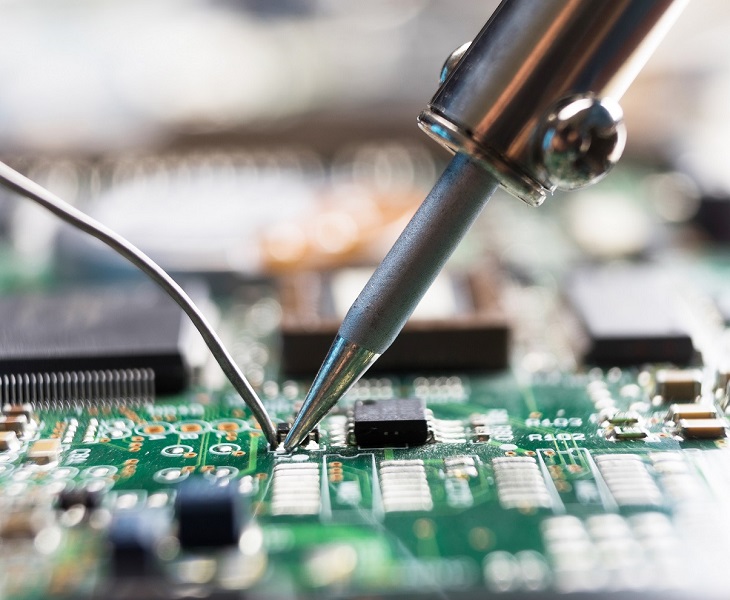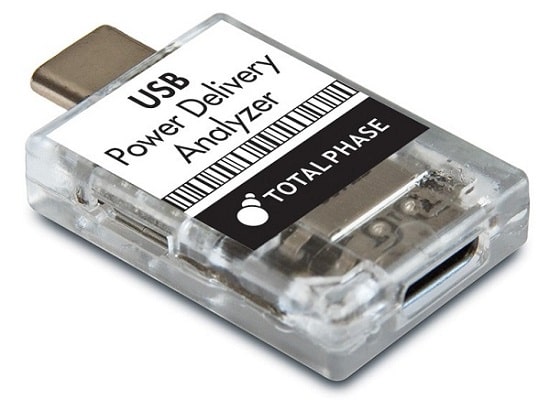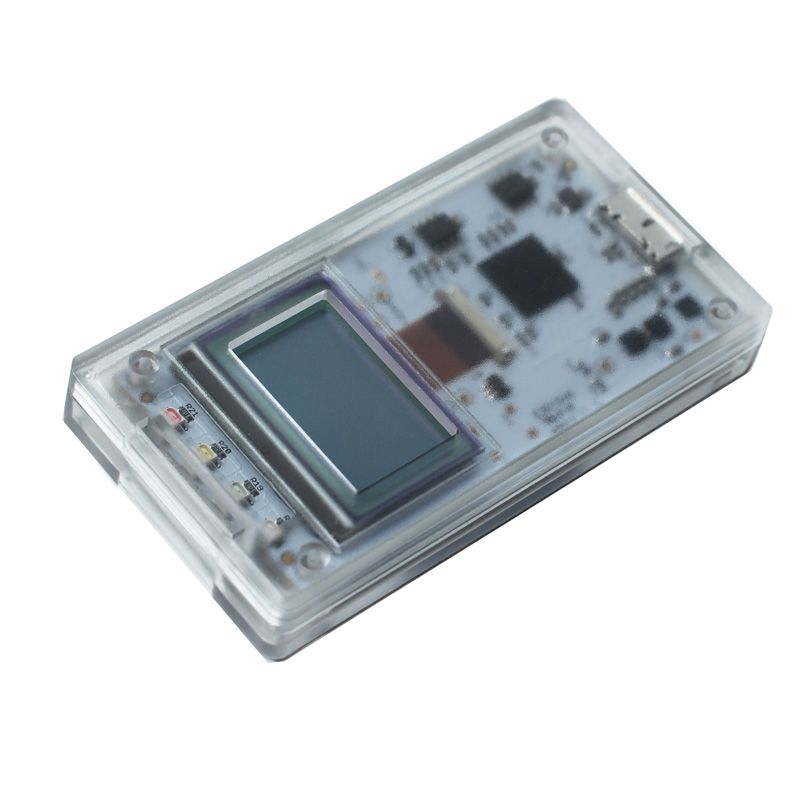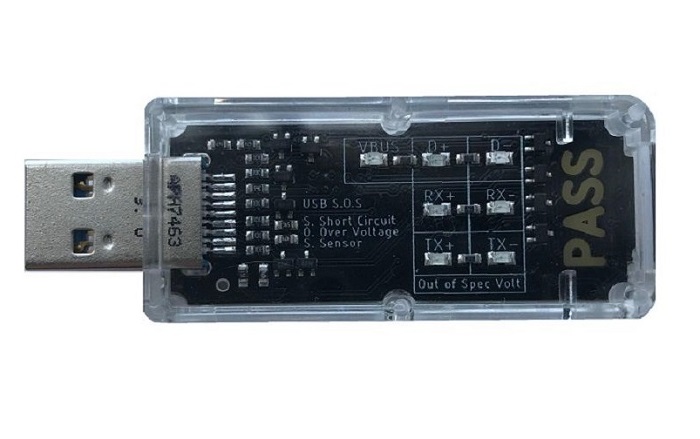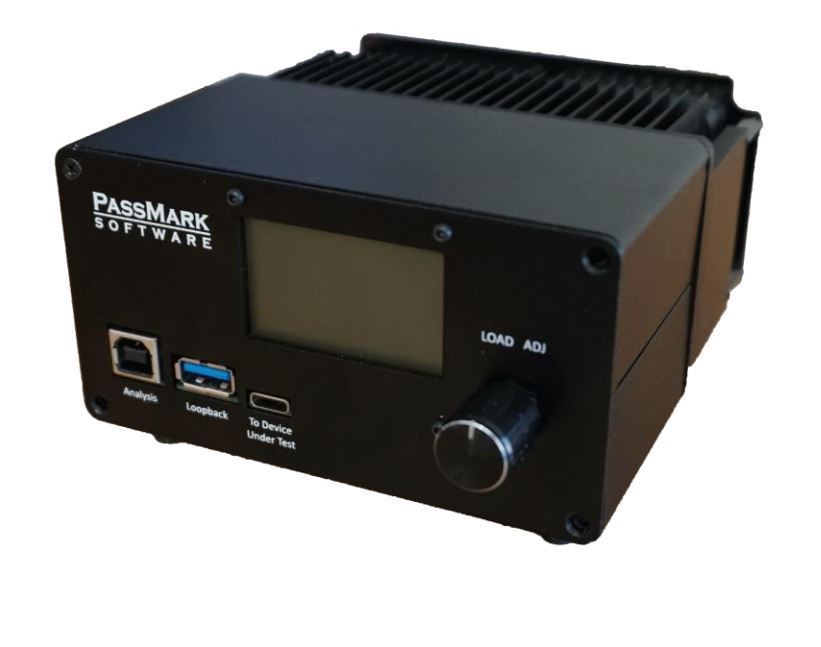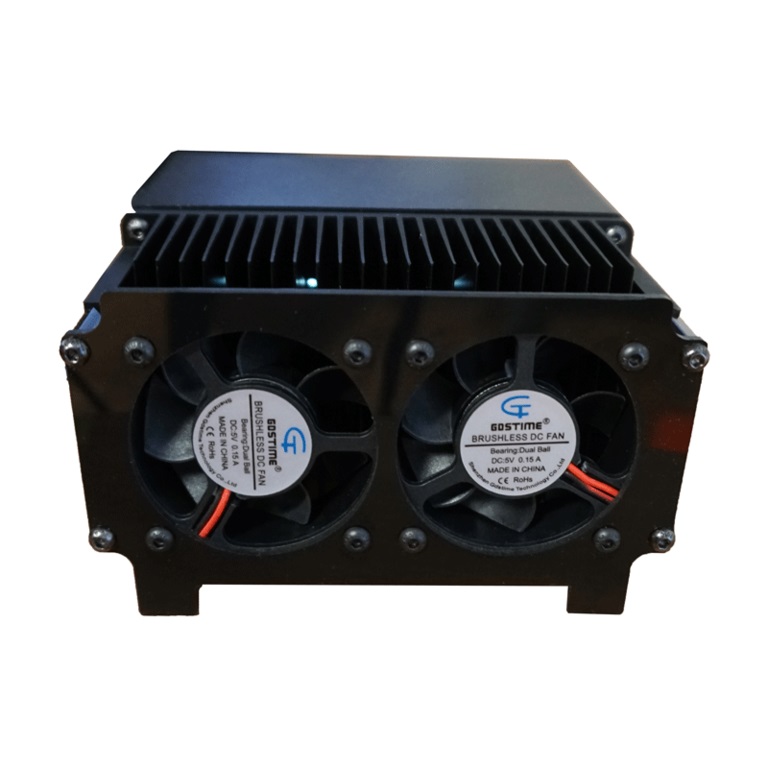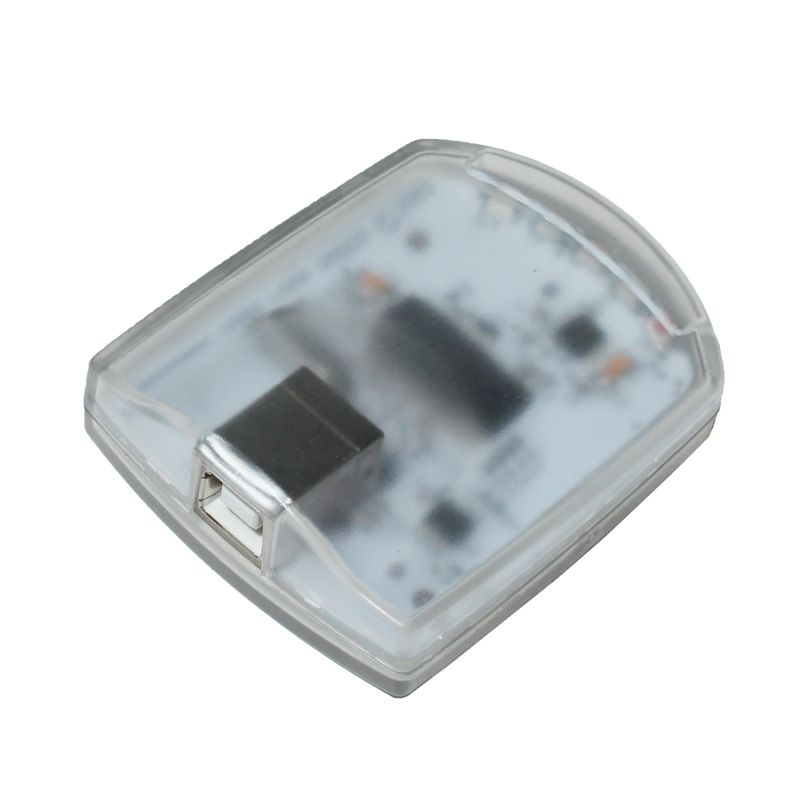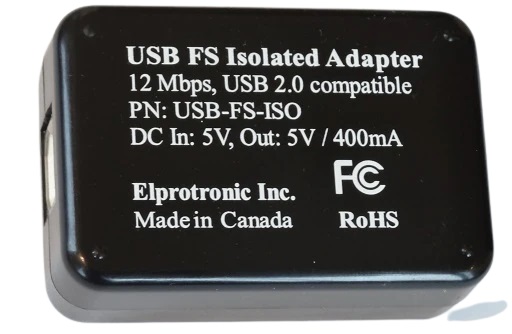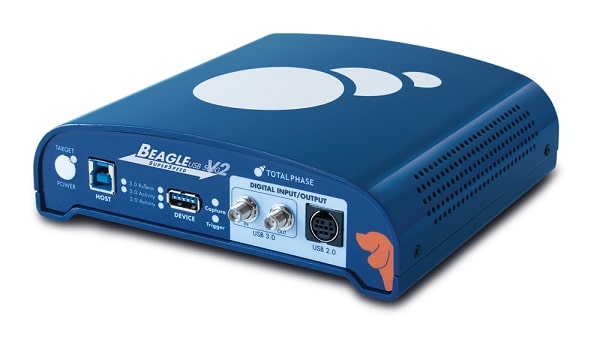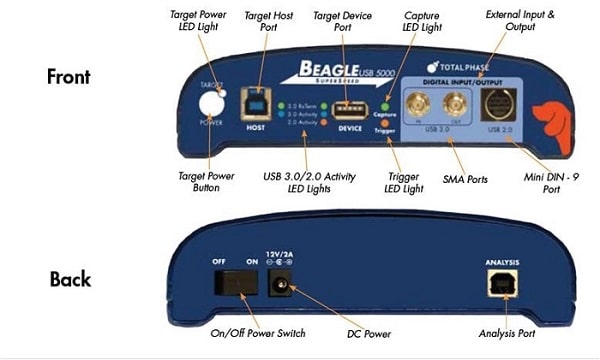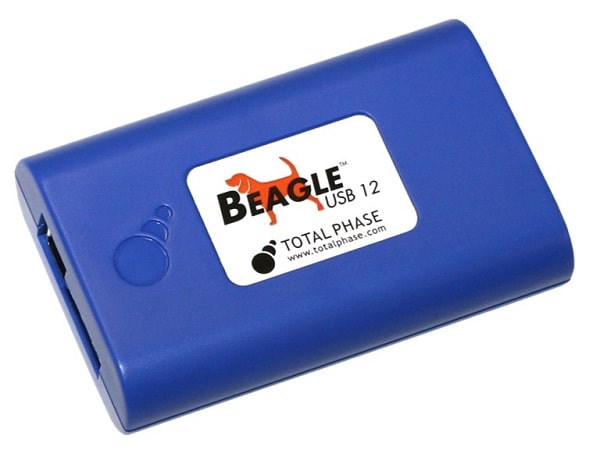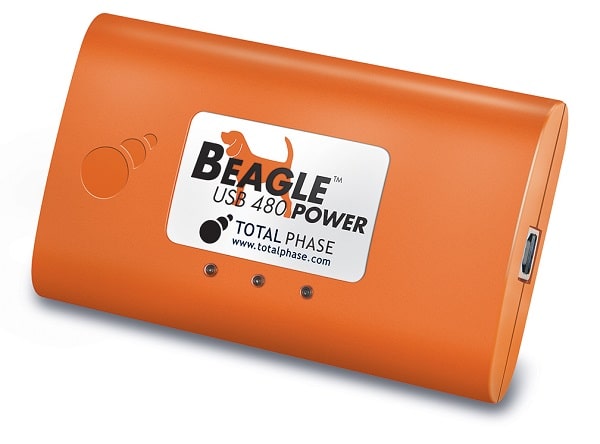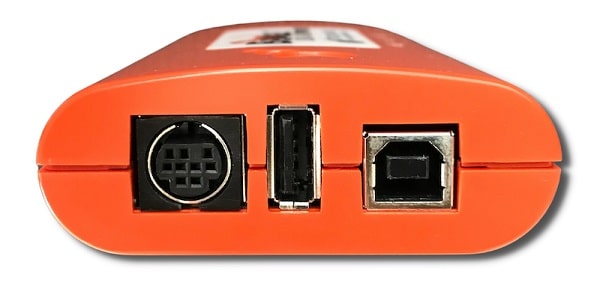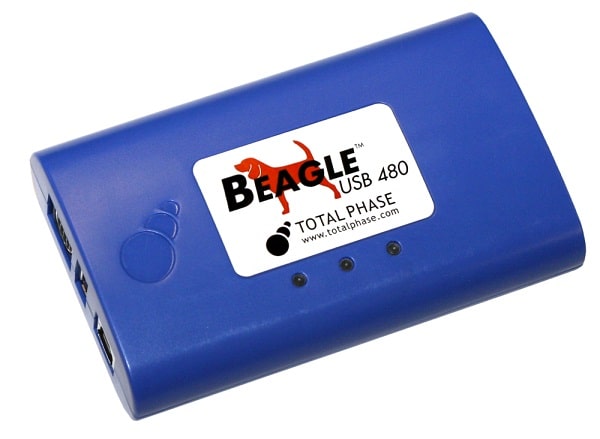Test USB power supplies and ports

USB Power Delivery specification
USB Power Delivery 3.0 is a USB specification that makes it possible to supply devices with up to 100 watts. With Power Delivery, the voltage is adjustable for the first time and can be either the standardised 5V for the USB bus or 12V or 20V. With Power Delivery PPS, the voltage can also be set variably in 0.2V steps from 0 to 20V. The voltage on USB is always 5 V when a device is connected, but can be increased to 12 V or 20 V after negotiations between the device and host using a serial protocol. The current that can be drawn can also be queried via the serial protocol. This means that devices that require high power, such as printers, scanners, laptops etc., can also be operated. Another innovation is the release of the flow direction of the power supply. This means that a PC can supply a printer with power or the printer can supply the PC. Above all, this reduces the number of cables required.
Tools for debugging and development
When testing USB connections, the primary task is to test the power lines and the data lines. The USB Power Delivery Tester from Passmark is a tool for testing the power supply capability of USB ports or USB chargers. You can use it to check whether a host is able to deliver the specified power without errors, whether the voltage values remain within the specification under high load or to determine the exact power consumption of USB devices. When used in conjunction with the USB 3.0 loopback connector from Passmark, the communication speed, data integrity and power supply of the USB ports or data lines can be tested simultaneously.
It also enables protocol analysis and message generation of PD messages on the CC line (Configuration Channel) of USB Power Delivery. The CC line is used by two PD devices to negotiate the appropriate power profile. The USB Power Delivery (PD) Tester can also be used as a pass-through. To monitor the PD protocol data between two USB devices and the voltage (VBus) as well as the current consumption.

Product is discontinued












